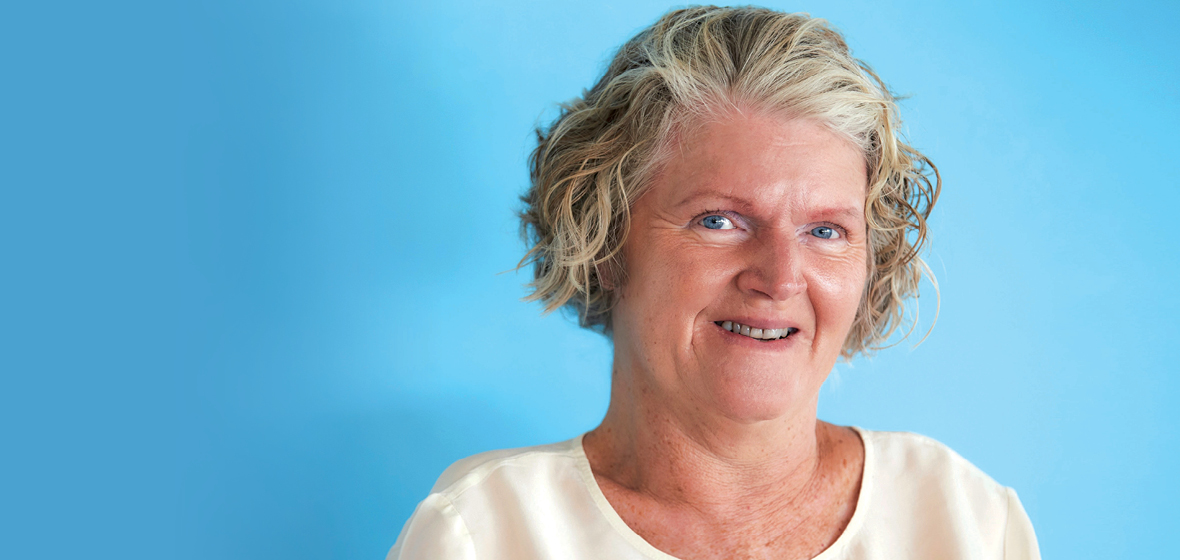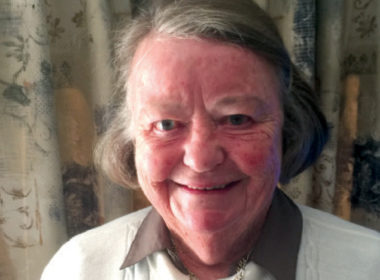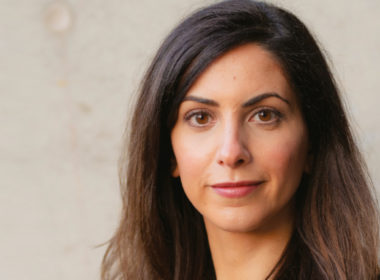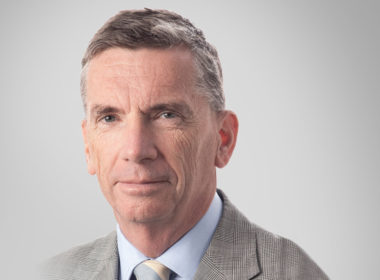Rosemary Kayess is a human rights lawyer, Director of Engagement at the Disability Innovation Institute UNSW, and a teacher in the UNSW Faculty of Law. In 2019, she became the Vice Chair of the United Nations Committee on the Rights of Persons with Disabilities. Kayess discusses COVID-19 and her career with us.
What made you pursue a career in law?
My interest in law stemmed from starting a PhD in policy studies, as it’s nearly impossible to separate policy and legislation. After my accident [Kayess is quadriplegic], I had an interest in disability policy because it was what I understood and could relate to. Having a disability has kept me on a less traditional academic path because of physical access and flexibility.
What needs to be done to improve the working situation for lawyers with a disability?
It depends on the person with the disability and what their practice is. Essentially, we need a far more accessible workplace for people with disabilities, whether they be lawyers or not. There needs to be procurement mechanisms within firms to ensure the equipment is flexible enough to adapt to the breadth of the human condition. It’s about flexibility and being able to meet individual requirements and recognise the diversity of the legal profession overall. Courts need to provide access and information to everybody to ensure access to justice.
How has COVID-19 impacted you?
It was really tough at the beginning. It wasn’t easy to access personal protective equipment, and because of my disability I require support people every day, which made isolation impossible. Information and communication to people with a disability has not been good during the pandemic, especially at the beginning. I wrote on the critical care triage mechanisms which reinforced some of the vulnerabilities that I as a person with reduced respiratory ability have. I accept that if the system was under pressure, it could be a waste of resources for me to receive critical care. However, it was the nature of communication that arbitrarily sacrificed people with disabilities for what came across as the real people.
Do you have any mentors?
I’ve got some colleagues that have been incredibly important to me throughout my career, particularly Robin Banks, Phillip French, Andrew Byrnes and Therese Sands. They have helped me in the areas of human rights law, anti-discrimination law and disability policy. I don’t actively work as a mentor for anyone, but I always make myself available. I enjoy working with younger colleagues and hope I can contribute to their development as human rights lawyers.
What have been your biggest career highlights?
Being involved in the Convention on the Rights of Persons with Disabilities was the opportunity of a lifetime. I got appointed to the Australian government delegation as a designated expert and it brought together my two degrees – law and social science. That was followed up with my appointment onto the Committee on the Rights of Persons with Disabilities. I’m generally not a big one for accolades but winning the Human Rights Medal last year was pretty special. It was the response from people when I won it that really blew me away.
Aside from work, what do you like to do in your spare time?
I’m a tragic for indie pop. Once a week my friend and I get a meal box and have either a nice craft brew or bottle of Australian red. During lockdown, it was an excellent way to delineate the weekend from the week.




